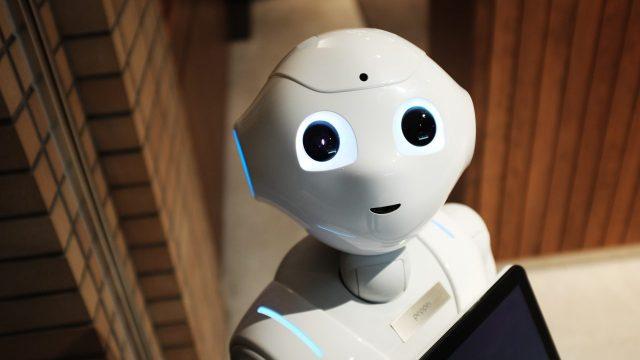The future of artificial intelligence in Latin America
By: Mario Chao*
It is impressive to take a look at what the future looked like in books or cartoons fifty years ago and discover that many of the things that were perceived as impossible or extremely distant back then already exist and we use them in our day to day. day. At present, the use of technology is basic in people's lives and much more in that of companies.
A similar trend, but much faster, has occurred in the broad field we know as Artificial Intelligence (AI). The substantial increase in research and development activity in this field (especially in Machine Learning, Computer Vision, Pattern Recognition, among others) as well as the technological advances that allow an exponential increase in computing power to make the execution of complex algorithms viable in real time, has led to a real revolution in the use of Artificial Intelligence in the productive and business sector. In recent years we have seen that AI has been able to achieve results equivalent in precision and quality to those achieved by human specialists in a wide range of fields that require specialization and reasoning.
It is not surprising, then, that companies are committed to using these advances in their business processes. According to “The AI Index 2019 Annual Report”, recently published by Standford University, the most important investments are taking place in the use of robots for automation, in supply chain management, and in industrial automation. According to this report, investment in Robot Process Automation has already exceeded one billion dollars per year globally.
To get to this point, many hours have had to be dedicated to research and development, but certain obstacles have also had to be overcome, such as the reluctance of people and organizations to do anything new. In the world there have always been countries that are at the forefront in terms of technological development and adoption, such as the United States, Europe and in recent decades, China; and others who start the adoption a little later. Latin American countries are in the group of those that dare to try innovations, but at a medium pace, where although some are more intrepid than others, they tend to keep the risk at a moderate level.

In this sense, it is still difficult to find a large number of companies in the region that are early adopters in the use of artificial intelligence even when, according to our most recent study “Artificial intelligence in Latin American companies”, 58% of business leaders believe that AI could revolutionize your business. Exceptional cases are companies that have a high degree of maturity in adopting this technology.
In our region, Brazil ranks first in terms of implementation of artificial intelligence by investment made, resources involved or diversity of applications; and Argentina is on the next rung, despite having an economy three times smaller than Mexico's.
For those of us who dedicate ourselves to this, it is not surprising that the companies whose business model is based on the processing of information and data are the ones that are at the forefront in Latin America. An example of this is the telecommunications and financial sectors, which continually update their key competencies and the talent required to not only survive, but also continue to lead in the future.
Unlike other markets, in Mexico the real challenge to increase the use of AI and to see its benefits is, first of all, to overcome the skepticism of the teams regarding the results that can be seen in the medium and long term. term and, secondly, in detecting the needs of companies where this technology can solve specific problems.
Despite the fact that the Mexican economy is the second largest in Latin America, it is far from spearheading the efficient implementation of artificial intelligence. This is the time for companies to dare and learn from the advantages that this technology can offer them, otherwise all sectors will be increasingly affected and the knowledge gap compared to other markets will continue to increase over time. . In a world like the one we live in, where a crisis can strike without warning, those who remain open and work to do things differently will always go one step ahead.
Mexico has enormous potential for the development of AI due to the size of its domestic market, and the diversity of companies in industrial and service sectors where it can creatively apply this technology. The challenge is to train the necessary talent to respond to demand, and continue promoting a dynamic of innovation and transformation in our companies.
Contact:
Mario Chao is CEO of Everis Mexico*
The opinions expressed are the sole responsibility of their authors and are completely independent of the position and editorial line of Forbes Mexico.
